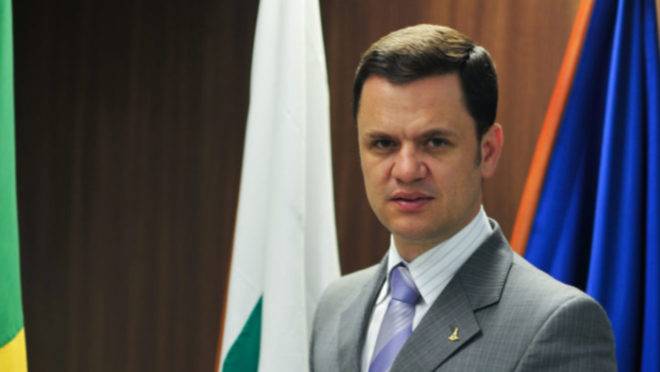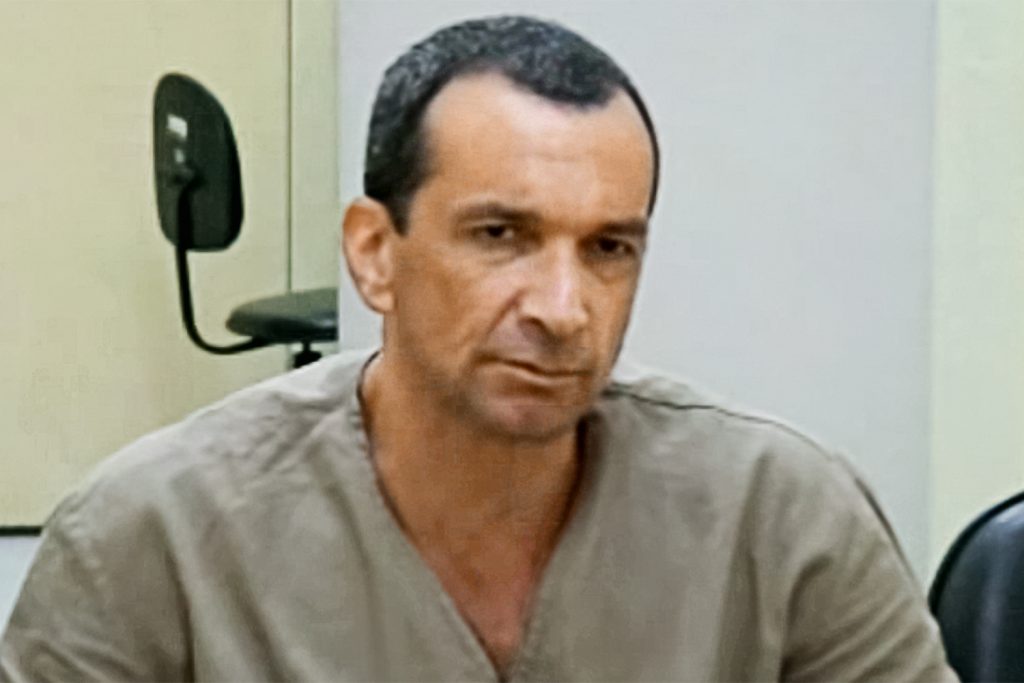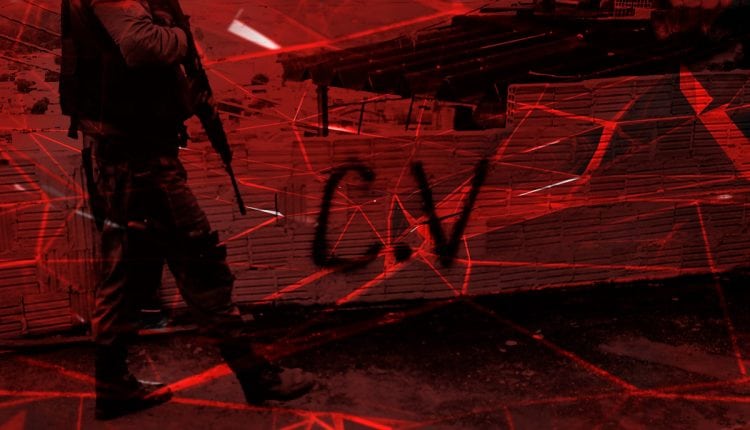RIO DE JANEIRO, BRAZIL – Security authorities in the Federal District have been alarmed since the recent mass flight of detainees linked to Brazil’s largest and most organized criminal faction, the ‘Primeiro Comando da Capital’ (“First Command of the Capital” – PCC).
Over the weekend, an estimated 75 inmates managed to escape from the Paraguayan city of Pedro Juan Caballero, which borders Brazil. One day later, in Rio Branco, Acre, another 26 also escaped.

On Wednesday, the Public Safety Secretary of the Federal District, Anderson Gustavo Torres, sent a letter in which he requests information from the Ministry of Justice, headed by Sérgio Moro, regarding the case.
The goal, says Torres, is to prepare local authorities should there be a need to strengthen policing in Brasília and its surroundings. The authorities’ concern has an underlying motive: They fear an upsurge in crime due to the presence of 10 PCC leaders who have been imprisoned in the federal penitentiary in the Brazilian capital since late last year, following Moro’s decision. Among the inmates is the historical leader of the faction, Marcos Willians Herbas Camacho, a.k.a. ‘Marcola’.
Secretary Torres, who is a federal police detective, has listed a number of reports that raised the concern of local agents: the Civil Police learning of an alleged rescue plan for Marcola, the presence of military personnel and army war tanks in the surroundings of Brasília’s penitentiary complex, in addition to the two mass escapes that took place on January 20th in Paraguay and January 21st in Acre.
He asks for clarification “on what is really happening and the exact degree of threat that the entire population is exposed to”.
On Tuesday, Marcola was escorted by dozens of federal and state police officers from the Armed Forces to perform health examinations at the Base Hospital in the central region of Brasília. He traveled a 19-kilometer stretch between the Papuda Prison Complex and the hospital in a Federal Police helicopter. The event changed the federal capital’s routine.
The complaint of the Federal District’s authorities is old. As soon as Jair Bolsonaro’s government decided to authorize the transfer of these leaders to the federal capital, the local government reacted negatively.
It claimed the decision was a strategic mistake because the city concentrates the three powers, the country’s main public bodies and foreign representations from virtually every country in the world.

The Ministry of Justice then allayed this concern. It denied the potential of risk to the population. “There is no information that the transfer and maintenance of criminal organization leaders in the federal prison of Brasília entails risks to the civil population, public buildings or embassies”.
It further stated that in the other four states where there are federal prison facilities (MS, PR, RO and RN) and which have concentrated part of the faction leaderships, there have been no records of complaints.
The PCC alone has 22 leaders distributed between these penitentiaries. Previously, they were held in prisons in the interior of São Paulo, where the faction was created and concentrates approximately 8,000 of its 33,000 members.
Soldiers for War
Two police officers heard by the report said that one of the lines of investigation worked jointly by Paraguayan and Rio Branco officials is that the mass escape of inmates connected to the PCC aims to strengthen its ranks at strategic points.
Some would be used in confronting rival factions such as ‘Familia do Norte’ (“North Family”) and ‘Comando Vermelho’ (“Red Command”), mainly in Brazil’s North and Northeast. In these regions, there has been an intense dispute over drug trafficking routes for almost five years, which has resulted in a number of killings in penitentiaries in Manaus (AM), Boa Vista (RR), Nísia Floresta (RN) and Altamira (PA).
Officially, the Federal Police said they have exchanged intelligence information with other agencies, but would not provide further details on the subject. The Ministry of Justice also failed to report what measures it has taken to help recapture prisoners. On Sunday, the entity reported that policing on the border with Paraguay had been strengthened, but no fugitives had been caught by Wednesday night.
Three experts studying the PCC said it is still early to link the escape in Paraguay to that of Rio Branco, or to any concrete hypothesis. They are also suspicious of information about an alleged attempt to rescue Marcola. “I often believe that this news of Marcola’s rescue is a way to divert attention. It’s common for us to hear this news, but there’s virtually no evidence of such planning,” said FGV professor Rafael Acaldipani, a member of the Brazilian Public Safety Forum.

Paraguay is strategic to control Bolivian cocaine
Sociologist Camila Nunes Dias, a professor at the ABC Federal University, says the PCC’s performance today in Paraguay is similar to the one the group had in Brazil in the early 2000s. “The PCC has created a new criminal dynamic in Paraguay. It is as violent as it was in Brazil in the past,” she said. In her opinion, the challenge for Paraguayan authorities now is to learn how to fight the criminal group. “In São Paulo, for instance, I can’t imagine an escape of this magnitude occurring.”
And why has Paraguay become an important hub for the PCC? According to researchers, it is one of the main transport routes for Paraguayan marijuana and Bolivian cocaine. Since Bolivia has little land access to Brazil, it is through Paraguay that much of the illegal cargo eventually enters. The cargo is then redistributed for local consumption in Brazil’s Midwest, Southeast, and South, or taken to the ports of Santos (SP) and Paranaguá (PR), whence it heads to Europe and North Africa.
Police intelligence reports that there are some 500 criminals affiliated with the PCC in Paraguaya. The number has grown after Jorge Rafaat Tomauni was killed in a movie-like circumstance in 2016. He was considered the king of the border and controlled the local traffic. According to the authorities, Rafaat had authorized other traffickers to transit the region but the PCC did not want to pay him this toll. It is suspected that PCC factions and other criminal groups killed him to ease the trafficking of drugs.

